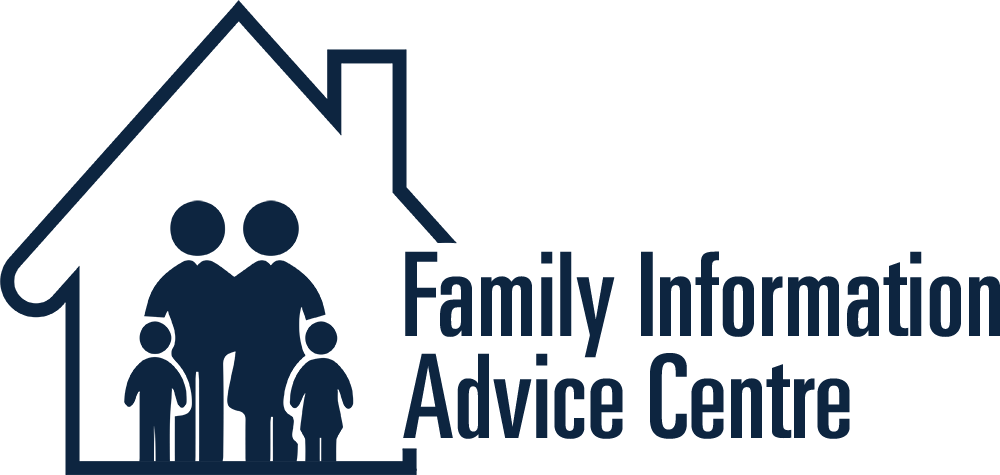Lifestyle Choices
Aside from having a healthy diet and exercising regularly your health may depend on the way you choose to live your life. Those who regularly smoke, drink heavily or take drugs are likely to suffer health problems in later life and could seriously impact on the physical and mental health of those around them.
Smoking
Smoking is still fairly common in the U.K despite increased awareness of the dangers it causes to health. Smoking is directly linked to serious illnesses, which include several forms of cancer, respiratory illnesses such as emphysema and high blood pressure, which can have serious implications for the heart. Passive smoking harms those around you and may contribute to them suffering from one of the conditions mentioned above.
Alcohol
Drinking in moderation can be harmless but prolonged heavy drinking can have serious and grave implications for your health. Alcoholism can contribute to heart disease, kidney failure and cirrhosis of the liver. Alcoholics commonly prioritise drink over their loved ones and this can have serious consequences for their families. Many people who drink heavily may also become aggressive, which may cause them to lash out at a loved one; this may cause partners and children to become scared and anxious and may permanently damage relationships.
Drugs
Drugs affect different people in different ways and can therefore be extremely dangerous to both physical and mental health. Drug addictions can be all-consuming and therefore exceptionally harmful to familial relationships. Prolonger drug taking can lead to serious conditions such as heart failure, strokes and increased blood pressure; drugs may also impact on mental health and are often cited as a cause of extreme paranoia, anxiety and depression.
If you need help
If you are struggling with an addiction there is plenty of help and support out there. Your GP will be able to assess your condition and suggest a suitable course of action. There are also numerous charities and organisations that offer support and practical advice on how to quit; these include FRANK, Alcoholics Anonymous and the Samaritans.
If somebody you know has a problem and needs help you should try to talk to them about it; if they do not want to talk to you about it you may find it beneficial to suggest they talk to a councillor, friend or their GP instead.
They may also prefer to speak to an anonymous person about their concerns; many of the charities mentioned above offer 24 hour telephone services which are completely confidential and impartial.
If you need support yourself and are struggling to cope, you can also contact your GP’ they may be able to offer practical advice and may suggest counselling or therapy. Several charities also offer emotional support and you should not be afraid to share your worries with friends and relatives.

